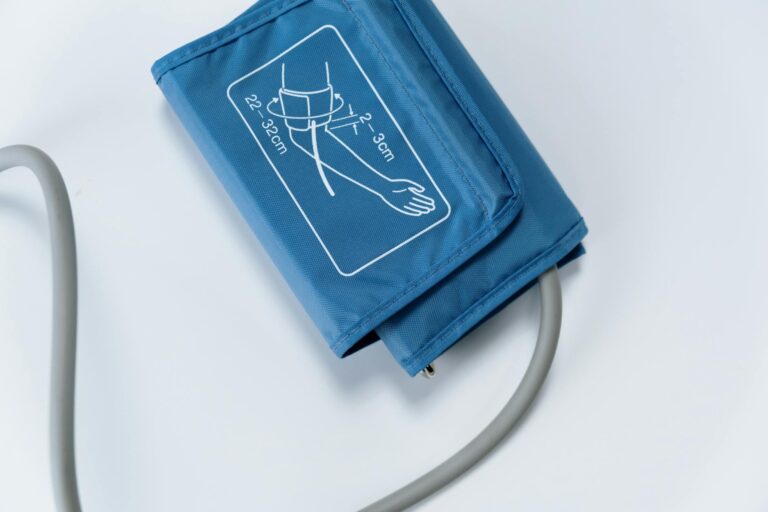In recent years, groundbreaking non-invasive treatments have emerged as promising solutions for reversing cognitive decline. These innovative methods are revolutionizing the way we approach conditions like Alzheimer’s disease and mild cognitive impairment (MCI). Let’s explore some of these revolutionary treatments and how they are changing lives.
### Mobile Computerized Cognitive Training
One of the most accessible and cost-effective treatments is mobile computerized cognitive training (cCT). This method involves using smartphones or tablets to engage in cognitive exercises designed to improve memory, attention, and other cognitive functions. Unlike traditional face-to-face therapy, cCT can be done anywhere, making it ideal for those with mobility issues or living in remote areas. Studies have shown that cCT can lead to improvements in global cognition and subjective memory, although more research is needed to fully understand its effects on specific cognitive domains[1].
### 40-Hertz Gamma Stimulation
Another exciting development is the use of 40-hertz gamma stimulation. This non-invasive technique involves using sensory stimuli, such as light or sound, to induce brain activity at a frequency of 40 cycles per second. Research has shown that this can lead to significant improvements in cognitive and motor functions in both animal models and human patients with Alzheimer’s disease. Early clinical trials suggest that this method could be a powerful tool in managing AD, although further studies are required to fully understand its potential[3].
### Ultrasound Neuromodulation
Ultrasound neuromodulation, specifically transcranial pulse stimulation (TPS), is another promising approach. This technique uses ultrasonic pulses to stimulate brain regions associated with memory and attention. Recent clinical trials have demonstrated that TPS can improve cognitive function and reduce depressive symptoms in younger patients with Alzheimer’s disease. While the long-term effects and optimal dosing protocols need further investigation, TPS offers hope as a non-pharmacological adjunct therapy[5].
### The Future of Cognitive Health
These non-invasive treatments represent a significant shift in how we address cognitive decline. They offer the potential for improved cognitive function without the risks associated with invasive procedures. As research continues to uncover the full potential of these methods, they may become integral components of future treatment plans for conditions like Alzheimer’s disease and MCI. The key advantage of these treatments is their accessibility and safety, making them viable options for a wide range of patients.
In conclusion, these revolutionary non-invasive treatments are paving the way for a new era in cognitive health management. By providing accessible, low-risk options, they offer hope to those experiencing cognitive decline and their families. As science continues to advance, we can expect even more innovative solutions to emerge, further enhancing our ability to combat cognitive disorders effectively.





